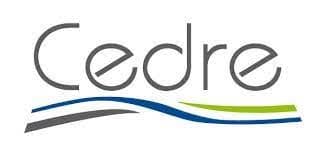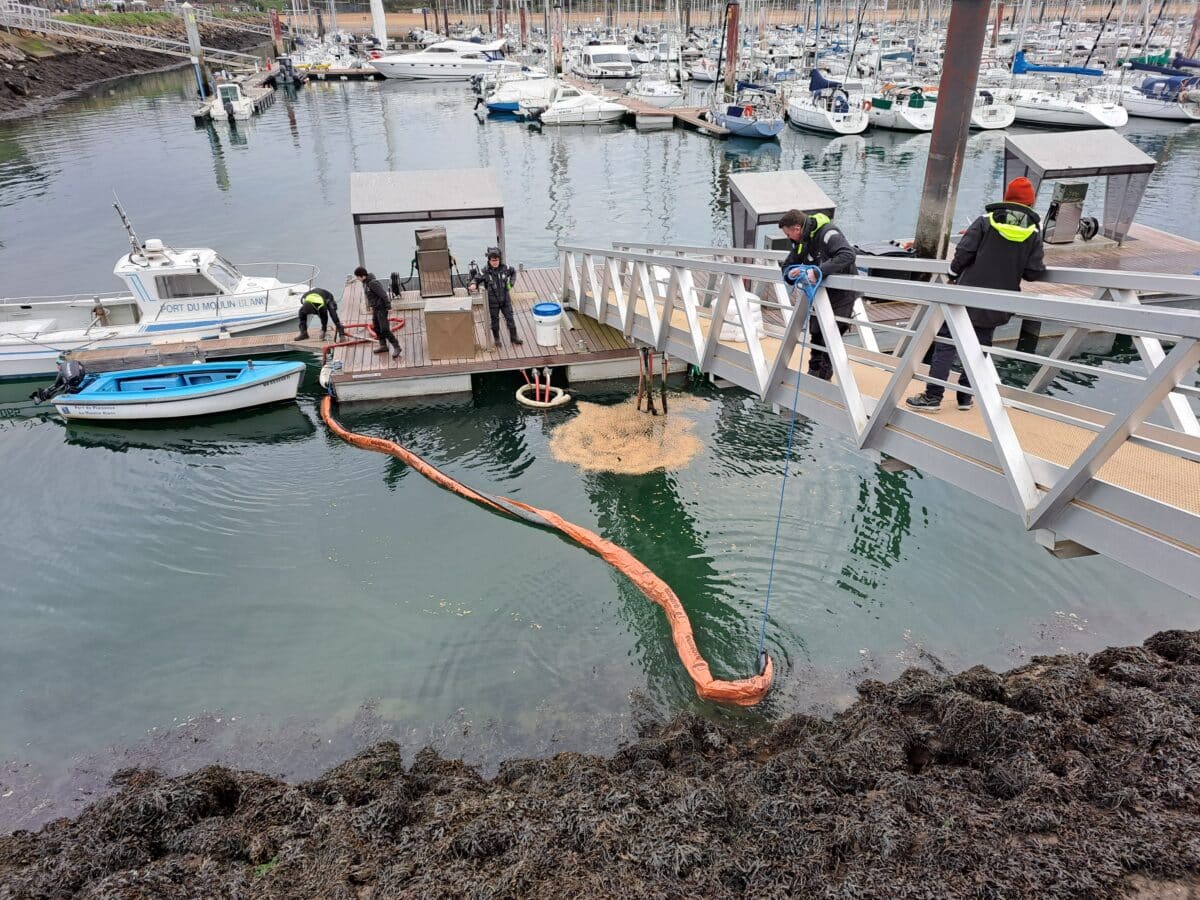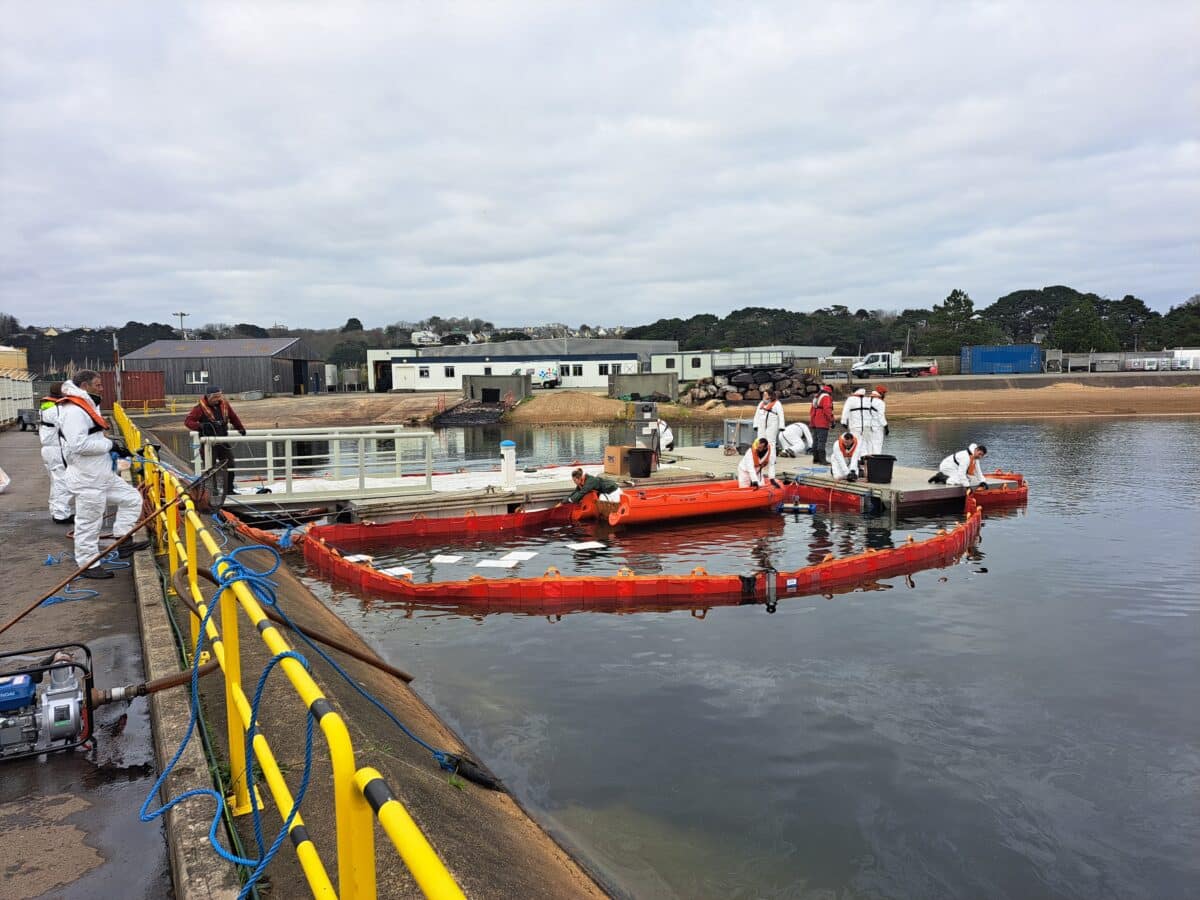Fight against accidental oil pollution
Brest marinas teams regularly have to deal with small-scale pollution in the ports. To help them deal with this type of situation, Cedre provided them with two days of training in oil spill response techniques.
What is Cedre?

Located in the Moulin Blanc harbour, Cedre is an expert in accidental water pollution, from upstream preparation to the restoration of environments after accidents. It operates both in France and abroad.
Its missions are to provide expertise and advice to entities in charge of water pollution control. Cedre has also been mandated by the Ministry of Ecology to lead the network for monitoring macro- and micro-plastic waste on the coastline.
Cedre is also a training centre for professionals in the fight against accidental oil pollution. It is in this capacity that Cedre has intervened in Brest marinas.
Understanding accidental pollution in marinas
To keep the harbour clean, it is necessary to identify and understand the various possible pollutions in order to implement the right technical means.
The pollutions that we find most frequently in marinas are :
- black and grey waters;
- fuels;
- natural and urban outfalls.
Faced with this, there are difficulties in managing pollution linked to the environment:
- rip-rap, which is difficult to protect and clean;
- pontoons, under which pollution can go;
- boats moored to pontoons, which can end up in the middle of pollution.

The port agents, supervised by Cedre trainers, were able to test different equipments in the Moulin Blanc harbour in order to learn how to contain and clean up an oil spill. The simulation on our infrastructures allowed the team to better understand the progress of such an operation, and to identify the elements of the site that could be problematic for the deployment of the different floating booms.
Rice husks were used to simulate a fuel leak.

Cedre also has a technical platform where our teams were able to practice identifying sources of pollution, and handling the booms to contain and clean up the pollution.
What to remember about oil spill response techniques:
- floating booms are not 100% efficient, there will always be losses;
- diesel spreads very quickly, but evaporates in 24 to 48 hours;
- petrol evaporates faster than diesel. However, in the event of a large leak, the area must be evacuated as there is a risk of explosion;
- it is essential to identify the source of a spill quickly in order to be effective.
Equipments in Brest marinas to prevent pollution
The majority of pollution comes from ships moored in the port. These include ships that empty their bilges in the harbour, or those with overflowing fuel tanks.
To prevent boaters from polluting the marinas themselves, the Brest marinas provide various facilities:
- a careening area;
- a black water and grey water station;
- a fuel station with retention grids;
- a waste disposal centre with containers for soiled products;
- a rubish dump at the top of the Moulin Blanc careening dock.
In addition, boaters will also find underground containers for household waste, cardboard and glass. Ashtrays have also been installed along the Moulin Blanc promenade and near the sanitary facilities in both harbours.
Brest marinas have been awarded the Ports Propres Actifs en biodiversité label (Clean and Active for biodiversity Harbour Label) thanks to what have been put in place to protect the environment. But to go further in the process, it is necessary for everyone to make an effort by systematically using the equipment available.
 Warning, you are using an insecure browser!
Warning, you are using an insecure browser!